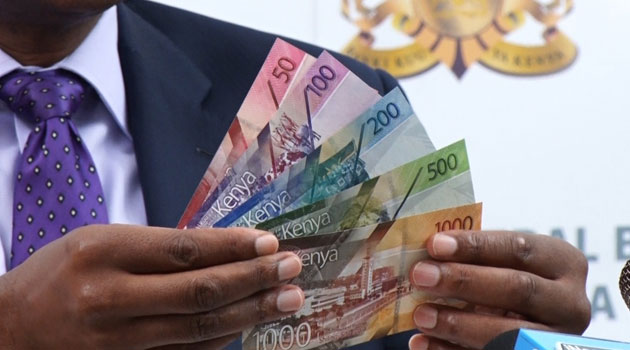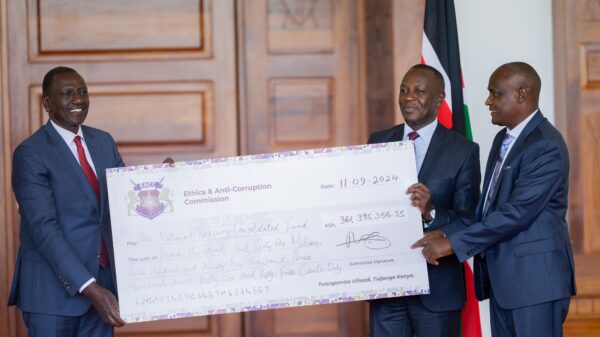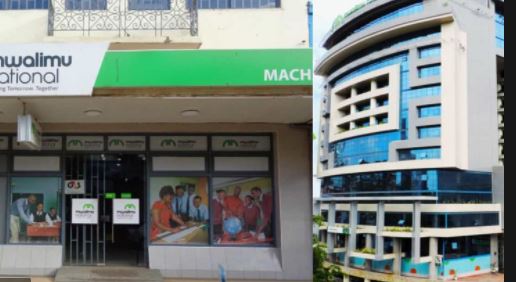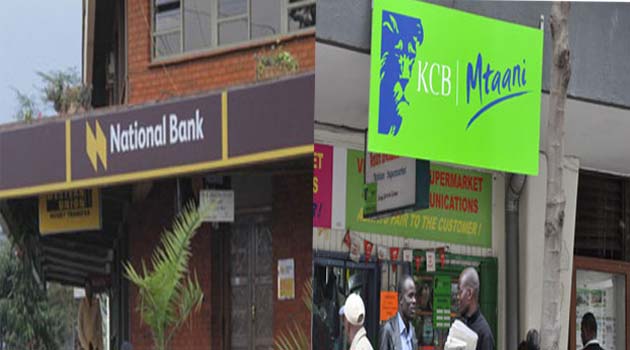NAIROBI, Kenya June 23 – Members of the National Assembly have supported a petition to review the governance framework for the management of the Petroleum Development Levy Fund that is critical in the regulation of fuel prices in the country.
Charles Wanguhu, in his petition, argues that the funds’ review and its subsequent implementation will go a long way in cushioning Kenyans who have been heavily burdened by the high cost of fuel.
Kenya currently has the highest pump prices for petroleum fuels in East Africa, which is way above the price in landlocked countries whose imported petroleum products traverse through Kenya.
In Nairobi, users of super petrol currently pay Sh127.14 for a litre of the commodity, while those in Mombasa part with Sh124.72.
Motorists in Eldoret and Kisumu pay Sh127.67, while those in Nakuru part with Sh126.75.
Funyula MP Wilberforce Ojiambo decried that the high cost of fuel in the country is deterring economic growth in the country and called the petition’s adoption by the House Committee on Finance and Planning.
“Fuel is cheaper in Busia, Uganda than it is in Busia Kenya and many at times you find trucks that pass through the border prefer to go fuel in Uganda and make a return journey back to Kenya. The high cost of fuel in this country is really dampening the business spirit in this country and it is important that at this particular time aspects of how petroleum products in the country are handled,” he said.
Kilifi North MP Owen Baya said that the House should be given powers to have a say on how the prices of fuel should be noting that it is high time Kenyans get to be cushioned especially during this time of the pandemic.
According to Baya, the Energy Petroleum and Regulatory Authority (EPRA) should be regulated by Parliament.
“It took the President’s hand previously to stop what they had proposed where they had intended to increase the prices of fuel. And if the President can do that I think we need to put regulations this House should be given the authority to approve or reject the prices that EPRA releases,” he said.
Imenti North Abdul Rahim challenged his colleagues to look for ways on how Value Added Tax can be done away with on petroleum products.
“If we are to assist our people we need to remove VAT completely from fuel products because otherwise we will not be going in the right direction. We need to reduce the taxes on fuel products so that it becomes cheaper because that is what is going to move the economy of this country,” he said.
The petitioner has decried that VAT on petroleum fuels has been steadily increasing, thus occasioning an increase in the contribution of VAT to the retail price of petroleum fuels.
Consequently, he has proposed the review on the applicable tax laws to reduce the taxes and levies charged and revokes or halts the intended commencement of implementation of the 6% VAT on petroleum products from 1st July 2021, with a view to easing the burden on consumers.
Further, the petitioner proposes a review of the Value Added Tax on liquefied petroleum gas from the current standard rate to the previous zero rate.
The petitioner wants the House to conduct investigation on the utilization of the revenue raised through the Fuel Levy Fund with a view to ascertaining whether or not the funds were utilized in accordance with sound financial management procedures; and makes any other order it deems fit for the protection of public interest.
Speaker Justin Muturi transmitted the petition to the House Committee on Finance and Budget which is now set to consider the Petition and report its findings to the House.
The committee may also consider proposing amendments to the tax regime through the Finance Bill, 2021, if it deems appropriate.
When he appeared before the Senate Energy Committee, Petroleum Cabinet Secretary John Munyes noted that the inaction by Parliament to review the taxes currently levied on petroleum products is to blame for the rising fuel prices in Kenya.











































